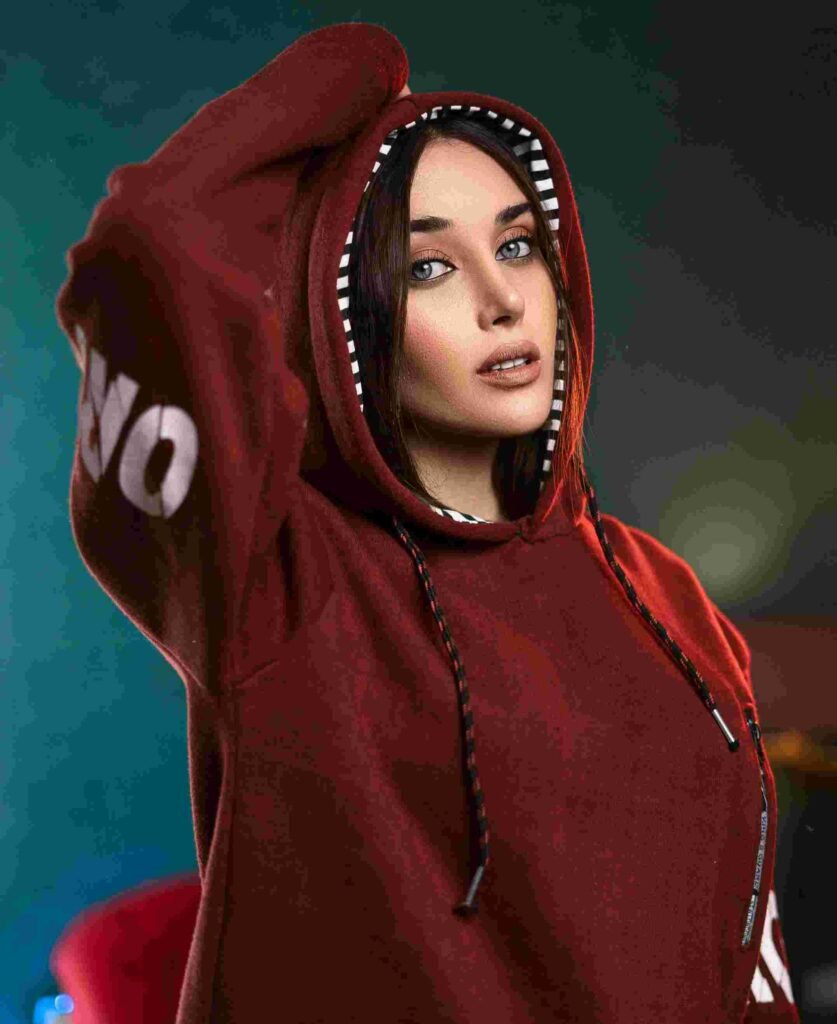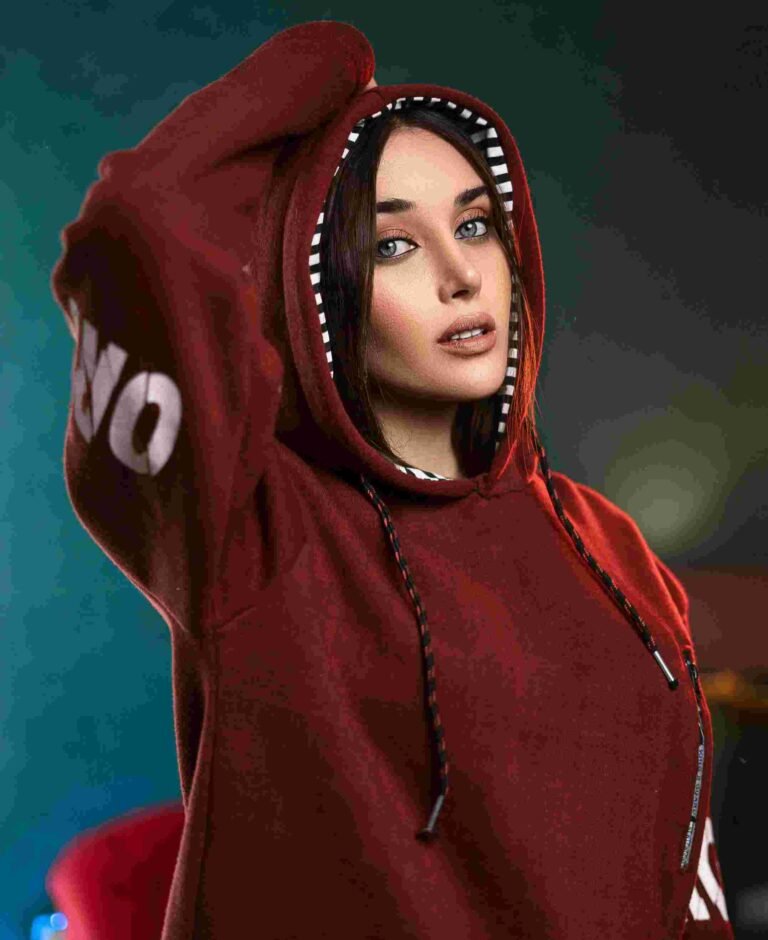Sustainable Fashion Trends in the UK
As the world shifts towards a more environmentally conscious mindset, the fashion industry is undergoing a transformative change. In the UK, the call for sustainable fashion has become more than just a trend—it’s evolving into a societal norm. From innovative materials to circular business models, the UK’s approach to sustainable fashion is setting a strong example for the rest of the world.
Eco-Friendly Materials at the Forefront
The emphasis on using eco-friendly materials is one of the most prominent trends in sustainable fashion within the UK. Brands are increasingly adopting organic cotton, hemp, and recycled fibers to reduce the environmental burden of textile production. Pioneering efforts by companies such as
Pangaia
have showcased the potential of plant-based alternatives and bio-based materials. Recently, the use of mushroom leather, a biodegradable and cruelty-free material, has gained traction, offering a viable substitute for traditional animal leather.
Resale and Circular Fashion
The UK consumer is no stranger to thrift shopping, and the idea of resale and circular fashion has seen phenomenal growth. Platforms like
Depop, Vinted, and eBay
have empowered shoppers to extend the lifecycle of garments while saving money. This shift away from fast fashion towards repair, resale, and repurposing highlights the consumer’s changing priorities. Major brands have also started engaging in the circular economy, with clothing companies like H&M and ASOS introducing recycling initiatives and pre-loved clothing options.
Local Production and Transparent Supply Chains
Another dimension of sustainable fashion in the UK is the rise of locally sourced and ethically produced garments. Consumers are increasingly seeking transparency in the names and faces behind their clothes. British heritage brands like
Burberry
have committed to improving supply chain visibility, ensuring that their operations follow ethical and sustainable practices. Homegrown designers are also working to reduce the carbon footprint by producing garments locally, eliminating the environmental costs of overseas shipping and excessive packaging.
Tech-Driven Sustainability
British companies are leveraging technological innovation to pave the way for more sustainable solutions. From advanced dyeing techniques that minimise water consumption to AI applications that optimise inventory management and reduce waste, technology is becoming a key ally. One intriguing development is the growing footprint of 3D-printed fashion. By creating custom-fit garments on demand, this method could significantly reduce surplus inventory and fabric waste, while offering consumers highly personalised clothing options.
Sustainability in High Fashion
Even in the world of haute couture, the emphasis on sustainability is growing. UK-based designers like
Stella McCartney
have long championed animal-free and eco-friendly practices in their collections. Similarly, the London Fashion Week has introduced sustainability themes to bring greater attention to ethically made and environmentally responsible designs. These efforts are influencing top-tier brands globally, proving that luxury and sustainability can coexist harmoniously.
Collaboration and Community Action
Collaboration between local communities, brands, and governments has played an essential role in driving sustainable practices forward. Initiatives like the UK’s
Textiles 2030
, a voluntary agreement aimed at reducing the environmental impact of apparel and textiles, rely heavily on collaboration. Many grassroots organisations and activists are also making waves by promoting repair workshops, clothing swaps, and upcycling projects, empowering individuals to contribute to the sustainability movement from the ground level.
The Consumer’s Role
Ultimately, the power lies within the hands of the consumer. British shoppers are becoming more aware of their purchasing power and its impact on the environment. Labels indicating sustainable and ethical certifications are increasingly sought after, and consumers are actively supporting brands that demonstrate their commitment to environmental causes. By making informed choices, buyers are gradually creating a demand-driven transformation within the fashion industry.
The journey towards a sustainable fashion industry in the UK is ongoing, fuelled by innovation, collaboration, and a growing awareness of environmental concerns. The choices of brands, designers, and consumers alike are pushing the needle towards greener solutions. While challenges remain, the progress seen so far is a testament to the resilience and creativity of the British fashion landscape.












